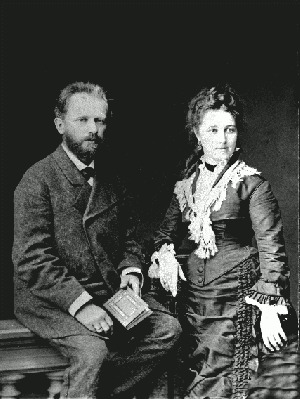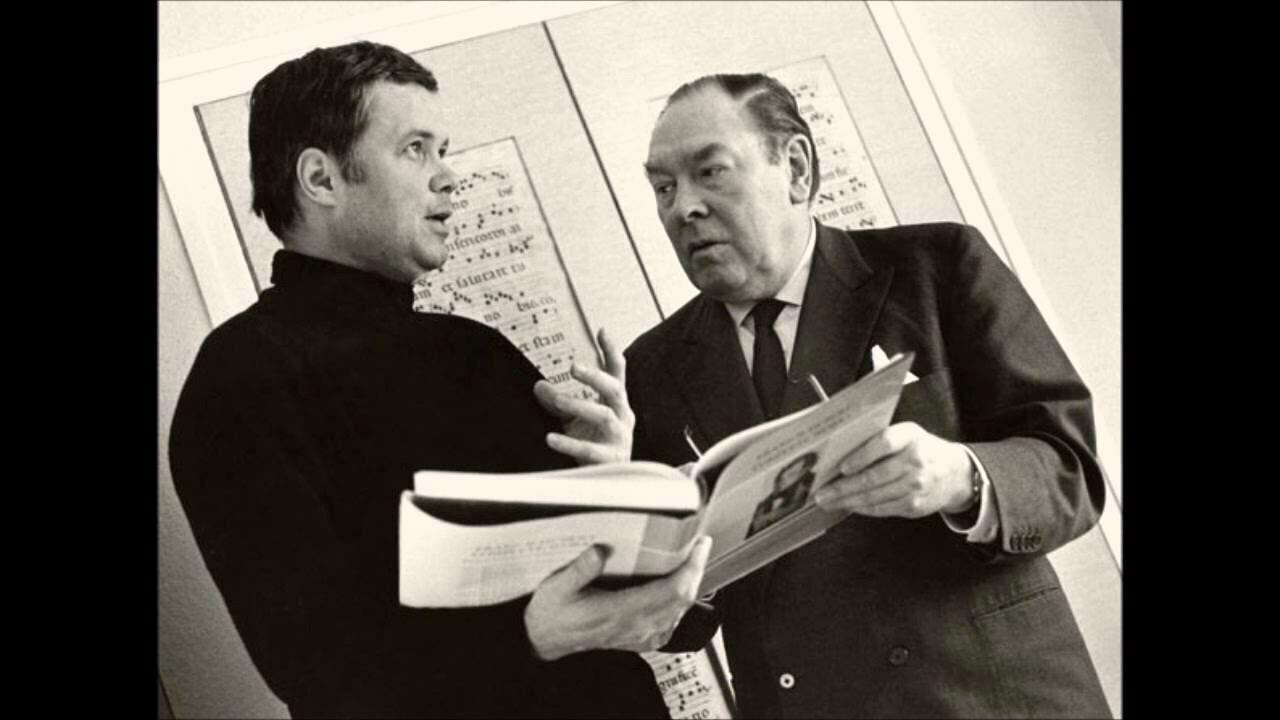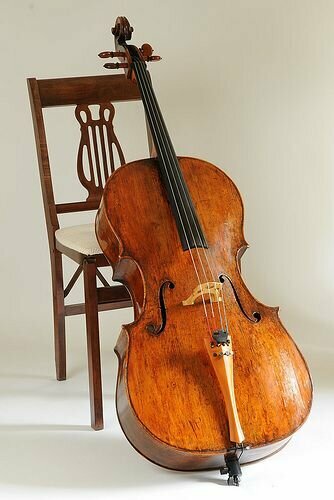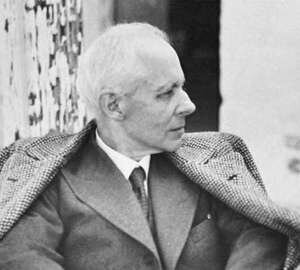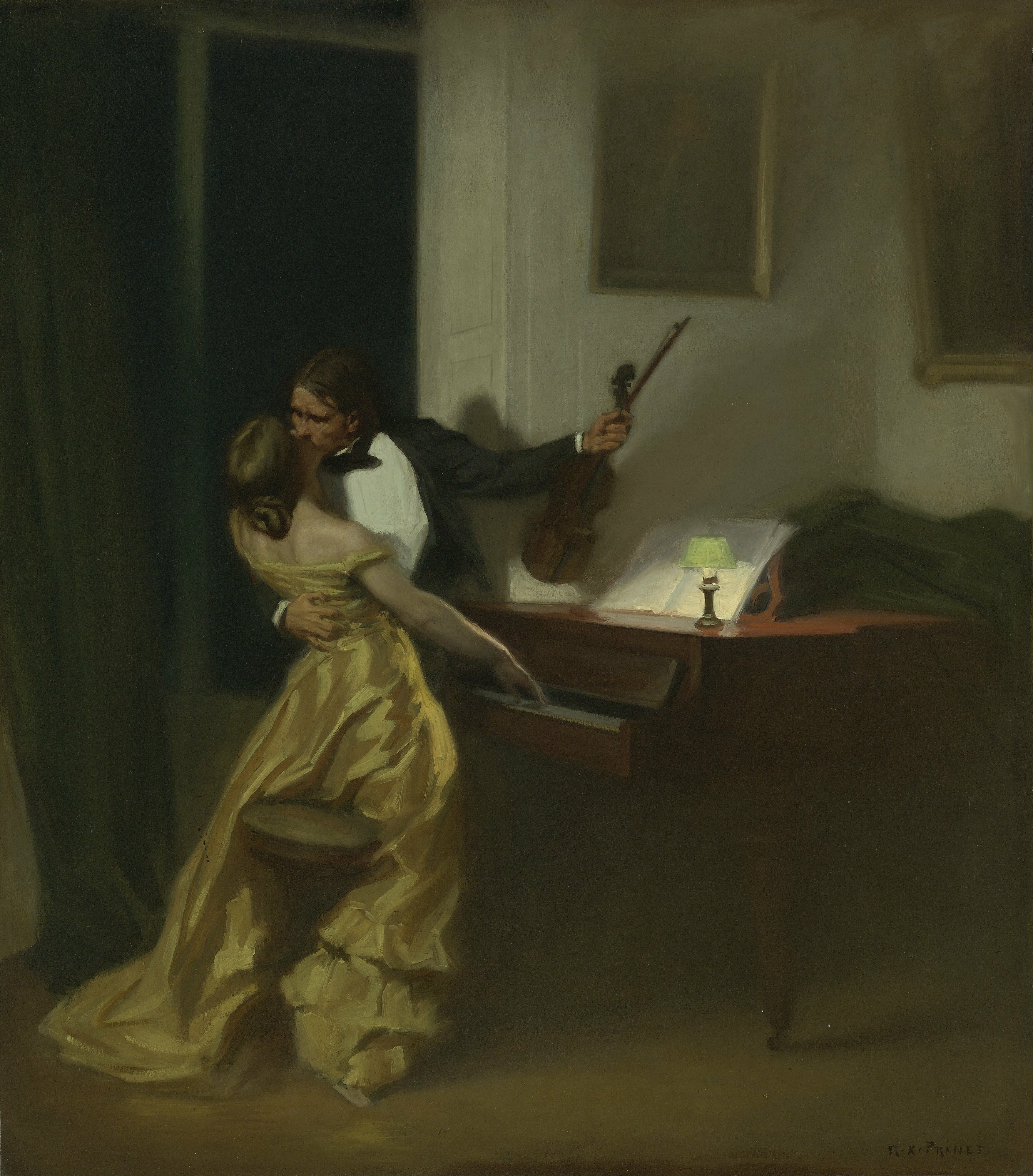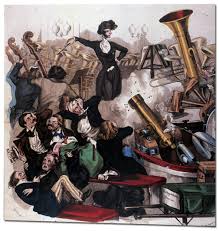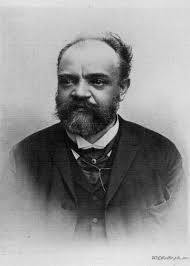When Pyotr Ilyich Tchaikovsky‘s Symphony No. 4 in F minor premiered at a Russian Musical Society concert in Moscow on 10 February 1878, it represented a veritable breakthrough in terms of emotional depth and complexity. This symphonic hybrid, which subsequently
Articles
Piano accompanists are, rather like page turners, the unsung heroes and heroines of the music world, often receiving smaller concert fees and less prominent billing than the singers and instrumentalists with whom they work. Often unfairly regarded as “failed soloists”,
I’d never had one…until today. A dense, dark grey ball the size of a quarter, rolling around inside my cello. I had been practicing the Spanish piece by Gaspar Cassadó Requiebros full of passion and fervor. While wailing on the
Béla Bartók did not see the premiere of his 3rd Piano Concerto. After completing the score—he wrote the Hungarian words “the end” after the last measures of this concerto—Bartók was transferred to a West Side hospital where he died four
“Music carries me immediately and directly into the mental condition in which the man was who composed it. My soul merges with his and together with him I pass from one condition into another, but why this happens I don’t
Hector Berlioz published his famous handbook on the art of orchestration, his Traîté d’instrumentation, in January 1844. It remains, even today, a landmark in the history of the symphony orchestra. It is a concise and brilliant historical document that details
Why would a talented leading British composer include a document called a Failure CV on her website, alongside details of her extensive oeuvre and the many plaudits for her work?
Antonín Dvořák celebrated his election to the Bohemian Academy of Science, Literature and Arts by composing a symphony. He worked on his 8th Symphony for almost 3 months at his summer resort in Bohemia, and he conducted the premiere in

